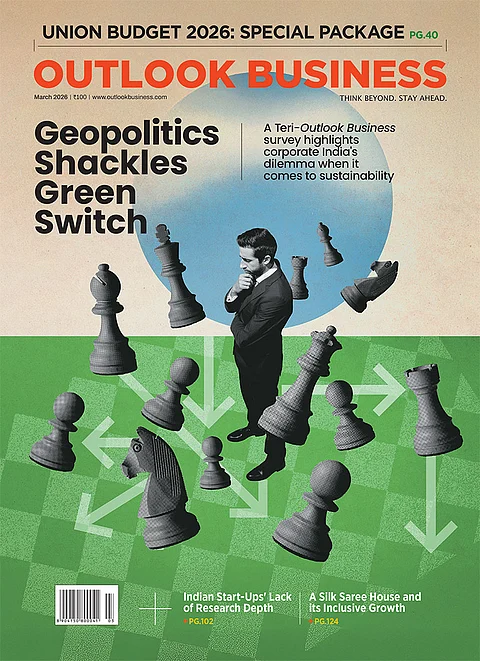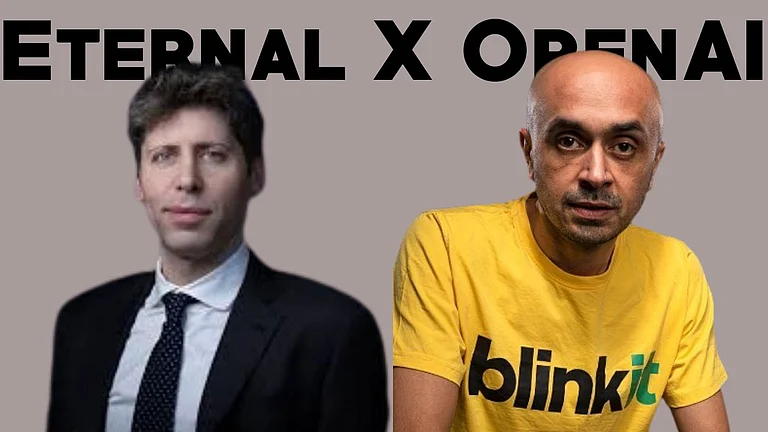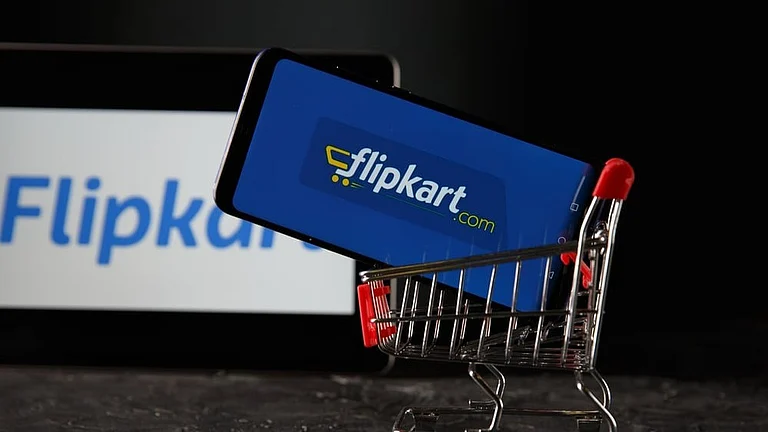Food delivery company Zomato is in talks with Paytm to buy the beleaguered fintech firm’s movie and events ticketing business. The move comes at a time Paytm’s Vijay Shekhar Sharma is looking to reposition the brand after the Reserve Bank of India’s crackdown on its payments bank business. Sharma is said to be attempting to bring back some of his former colleagues as the company sheds a part of its non-core businesses. Zomato, on the other hand, seems keen on bolstering its business-to-consumer (B2C) segment.
Zomato is considering acquiring the Paytm-owned platform at a time when the food delivery business is seen as peaking over the last couple of years (gross order value grew 22 per cent year-on-year in the 2024 fiscal). Zomato is currently counting on its quick commerce arm Blinkit (whose gross order value grew 93 per cent year-on-year) and B2C grocery arm Hyperpure (whose gross order value grew 111 per cent year-on-year) to drive growth. The company is also looking at strengthening its ‘going-out’ segment which includes discovery of dine-out restaurants and events ticketing.
“[The] idea is both acquiring and creating a supply of events and onboarding ticketing partners; all of that requires investment. We are also building a team here. So, there is also going to be an element of increase in employee cost over the next few months and quarters,” Zomato’s chief financial officer (CFO) Akshant Goyal had said during the third quarter earnings call in the last fiscal.
In the 2024 fiscal, the food delivery business accounted for 63 per cent of Zomato’s overall gross order value and Blinkit’s 24 per cent. Both Hyperpure and going-out divisions had only 6 per cent a piece share, suggesting headroom for growth. The going-out segment saw a 136 per cent year-on-year growth in gross order value in the 2024 fiscal, even then, the company said the business “is still in its nascent stage with a large untapped opportunity ahead”. The company further said that the segment was primarily driven by the dining-out business.
Industry watchers point out that Zomato is well placed to get a good start in the ticketing business. “For any standalone business in the ticket booking industry, cost structure is the main challenge as high customer acquisition costs eat into their margins. However, Zomato already has a large customer base for food giving it the advantage of having lower customer acquisition costs,” says Akshay D’Souza, chief of growth and insights at retail intelligence platform Bizom. Additionally, its quick commerce arm Blinkit caters to urban and semi-urban users who are the same audience that prefers to book tickets online, D’Souza adds.
Zomato has 1.84 crore annual transacting customers on its food delivery platform and close to 51 lakh average monthly transacting customers on Blinkit. “In the end, it comes down to the consumers you are serving and their needs. Since Zomato will be leveraging the same customer base and offering additional services, it even makes profitable sense by increasing the average revenue per consumer,” D’Souza says further.
Competition in the ticketing business
While the movies and events booking industry in India is dominated by BookMyShow, Zomato may stand to have a rare advantage over competitors. Experts say Zomato will rely on cross-selling to its customers to tackle a dominating player like BookMyShow which has nearly 75 per cent of the ticketing industry, according to data-driven app acquisition company KalaGato.
“Through this acquisition, Zomato will be looking to gain market share. It may even look to include ticket booking as an option on its Blinkit platform,” says Ankur Bisen, senior partner and head, consumer food and retail at Technopak Advisors. Zomato’s foray into the ticketing business, if the deal goes through, will come at a time when the Indian box office is recovering from the pandemic blues. The last year saw a large number of movie-goers resume going to theatres as the box office raked in Rs 12,226 crore across languages, growing at 11 per cent above the pre-pandemic year, according to the Ormax Box Office Report of 2023.
What will it mean for Paytm?
For Paytm, the sale of the ticketing business will be a way to reinvent and reposition the brand after it suffered in the wake of the RBI’s action on its payments bank arm. “A few of these business initiatives (such as events and ticketing) were taken when the macros were very different and the company had a different hypothesis for growth. A lot of these are no longer valid. In this changed reality, it is relooking at all those options that are no longer core to Paytm’s business,” says Bisen.
By selling off the ticketing business, the fintech firm may be looking to identify its strengths and focus on its core businesses such as payment and financial services, which accounted for more than 80 per cent of the company’s overall revenue in the 2024 fiscal.































